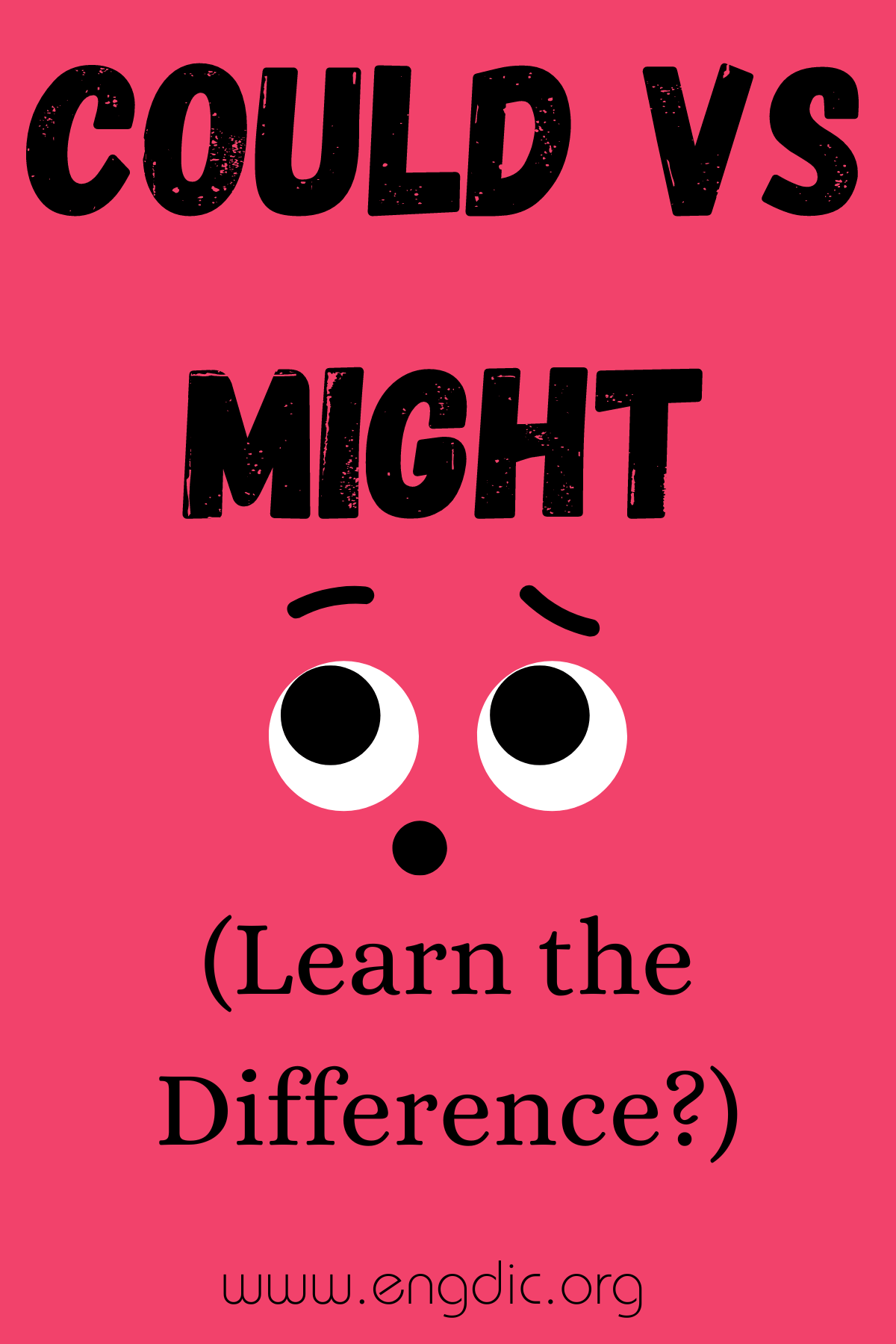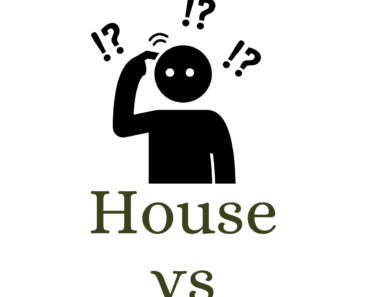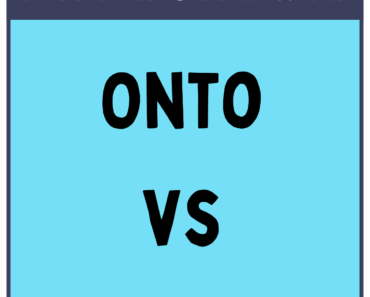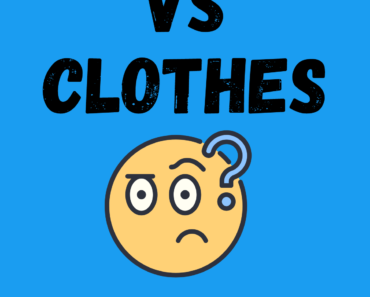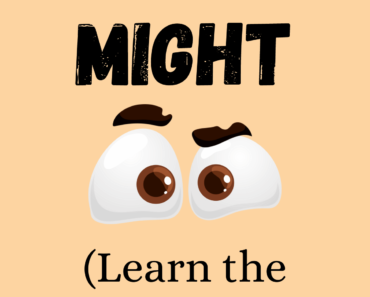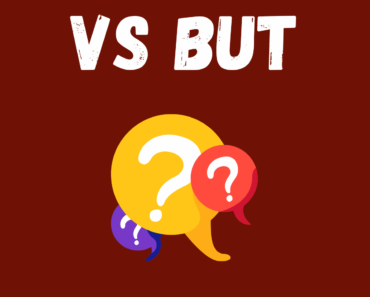“Could” and “Might” are modal verbs used in English to express possibilities, but they differ subtly in their usage and connotation.
“Could” is generally used to indicate a potential ability or the possibility of an action under different circumstances, often influenced by past or hypothetical conditions. “Might,” on the other hand, primarily suggests a weaker probability, focusing more on the uncertainty of the future or hypothetical situations.
Understanding the nuanced difference between these two can enhance your communication, especially in expressing degrees of certainty and speculation.
Definition and Usage of “Could”
Definition: “Could” is the past tense form of “can,” used to indicate possibility or past ability.
Usage and Examples:
- Ability in the Past:
- “I could swim when I was younger.”
- Polite Requests:
- “Could you please open the window?”
- Suggestions:
- “You could try restarting your computer.”
- Conditional Possibilities:
- “If I had time, I could read more books.”
Definition and Usage of “Might”
Definition: “Might” is used to express possibility, especially something that has not happened yet, or to make suggestions more tentatively.
Usage and Examples:
- Future Possibility:
- “It might rain tomorrow.”
- Hypothetical Situations:
- “If I went to bed now, I might feel better in the morning.”
- Suggesting with Uncertainty:
- “You might want to check that again.”
- Past Possibility (with perfect tense):
- “She might have taken the wrong train.”
